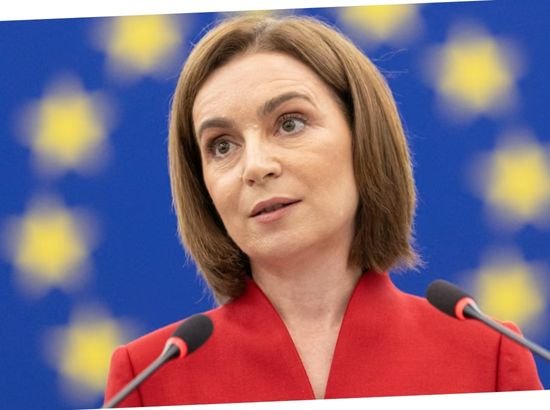
The nation of Moldova, situated between Ukraine and Romania, faces a pivotal parliamentary election on Sunday, September 28, 2025, that will decide its geopolitical future: either maintaining its pro-European path or reverting to the influence of Moscow.
The outcome is expected to be close, with the ruling pro-Western Action and Solidarity party (PAS), led by President Maia Sandu’s allies, under fierce pressure from the Patriotic Electoral Bloc, an alliance of pro-Russian and Soviet-nostalgic parties spearheaded by former president Igor Dodon.
While current polls suggest PAS will remain the largest single party, it risks losing its outright parliamentary majority, which could force it into a power-sharing arrangement. The possibility of the Russian-friendly bloc playing a decisive role has heightened concerns among Western capitals.
The election is happening amid widespread reports of aggressive Russian interference. Moldovan authorities have accused Moscow of funneling billions of dollars to pro-Russian parties, funding vote-buying schemes, and running propaganda campaigns to stoke anti-Western sentiment.
The shadow of the Kremlin is ever-present, intensified by Russia’s war in neighboring Ukraine and the presence of 1,500 Russian troops in the breakaway region of Transnistria.
Western intelligence officials reportedly view Moldova as “the key Russian foreign policy priority after Ukraine,” with a new, more aggressive team managing the country within Russia’s presidential administration.
Despite its success in placing EU membership as a constitutional goal, the pro-Western government’s main vulnerability is the economy. Supporters of President Sandu attribute ongoing high inflation, slow GDP growth, and persistent emigration to external shocks, including:
Ukrainian President Volodymyr Zelenskyy has echoed the message of international leaders, warning the UN General Assembly this week that “Europe cannot afford to lose Moldova too.”